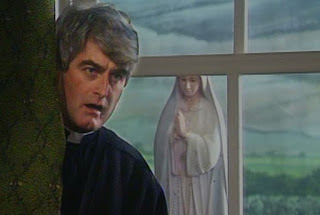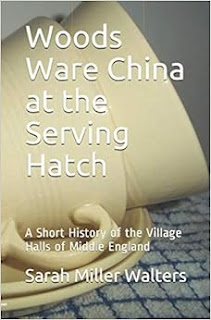Pollywasher

An extract from my short story Pollywasher: 2. Nancy Next Door “I don’t really believe in gambling do I? I mean, I go with my mum to the bingo to keep her company, just a couple of cards to be sociable. Never win anything, though my mum has had a couple of touches but then the amount she spends she’s bound to. She won’t have got back what she’s spent will she? Barbara though. That was her life, her whole life from what I could tell, never nothing but betting on the horses and on the dogs and the casino. She’s borrowed milk off me that I’ll never see again will I? She used to get all fancied up, don’t know how she afforded that. The feller I suppose. I did take to her though, when I got to know her, you know? We met on the landing and had a chat a couple of times, then she invited me in for a cuppa. Somehow I ended up telling her about all my trouble and about my boy being arrested and she was dead nice about it all. A lot of people, they judge you don’t they? But I could tell she didn





